Global arts and culture leaders convened in Davos at the World Economic Forum to address the pressing threats facing tangible and intangible cultural heritage. These include the erosion of languages, societal changes, and conflicts that endanger diverse traditions worldwide. The Catalogue of Endangered Languages*, a comprehensive repository, underscores the gravity of the situation, featuring entries from 180 countries and territories. Germany alone has 11 endangered languages, including Upper Sorbian and Western Yiddish, while the US has 165, ranging from Aleut to Zuni. This erosion of intangible heritage—embracing language, customs, ceremonies, rituals, and traditions—stems from the complex interplay of political dynamics and the relentless march of globalisation, ushering in societal and technological transformations at an unprecedented pace.
Both these intangible and tangible (art works, festivals and monuments) heritage contain the diversity of human experience, and a framework for both individual and community identity. They nurture resilience in the face of change or crisis. It is therefore vital to protect and sustain what has been handed down from previous generations, in the face of multiple threats: climate change; armed conflict; unrestricted development; and unsustainable tourism. While these dangers exist worldwide, they tend to worsen exponentially under crisis conditions.
The Indian constitution recognises 22 different languages across the country. They also happen to be the major literary languages of India, with a considerable volume of writing in contemporary publishing and literature. But India’s 22 different official languages are just scratching the surface of the many hundreds of indigenous languages and hybrids such as Nagamese which blends Assamese and Naga languages. Nagamese was evolved to enable trading between the states, while a further 19 indigenous languages also still span Nagaland today.
The world’s cultural heritage hasn’t faced such grave threats of destruction since World War II, particularly due to conflict. Recent examples include the demolition of shrines in Timbuktu, the destruction of Iraq’s Mosul Museum, and the targeting of Syria’s ancient Roman site of Palmyra. These archaeological sites, archives, libraries, and museums serve as tangible embodiments of shared history, making them prime targets for violence aimed at fracturing communities. The British Council-supported Cultural Protection Fund plays a significant role in conserving at-risk heritage, ensuring the protection of inclusive communities worldwide
This critical issue was addressed at the World Economic Forum in collaboration with Huib Schippers, Director of Smithsonian Folkways Recordings at the Center for Folklife and Cultural Heritage, and Katharyn Hanson, Fellow at the Smithsonian Museum Conservation Institute. Despite the challenges, hope prevails, as evidenced by the Cultural Protection Fund. International cultural relations and festivals also play a vital role in preserving and safeguarding cultural heritage through live arts and performances. Here’s how:
- Celebrating India’s multilingualism
Through poetry, beatboxing, live literature, and commissions Spoken Fest in Mumbai celebrates the diversity of India’s languages with a multiplicity of performances spoken in different local languages from Hindi to Malayalam, Bengali to Kannada and Guajarati and Tamil playing out side-by-side each November.
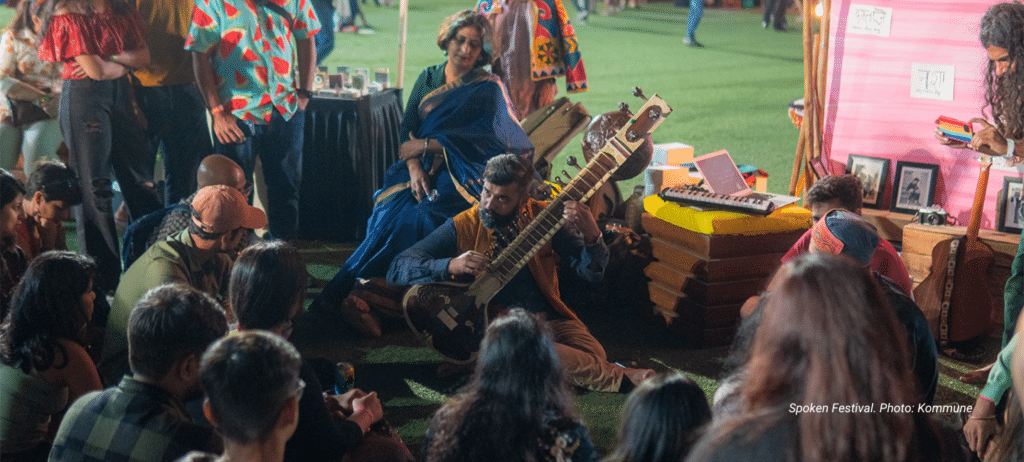
- Flag-bearer of music and folk traditions
Glasgow’s Celtic Connections in Scotland each year brings together artists from across the world who specialise in folk and traditional music, harmoniously mixing languages, instruments, and cultural traditions.
- Digital innovation in NFTs and international collaboration
The Ziro Festivals of Music and Literature in the foothills of remote Arunachal Pradesh each autumn gathers folk and contemporary music artists from India and internationally. It brings young musicians together in part funded with NFTs to commission new collaborations. In 2022 the festival partnered two brilliant women musicians Mangka from Manipur with Eadyth from the Focus Wales festival in the UK to create a new track, Rerarehei made together, funded by NFTs and released digitally online.
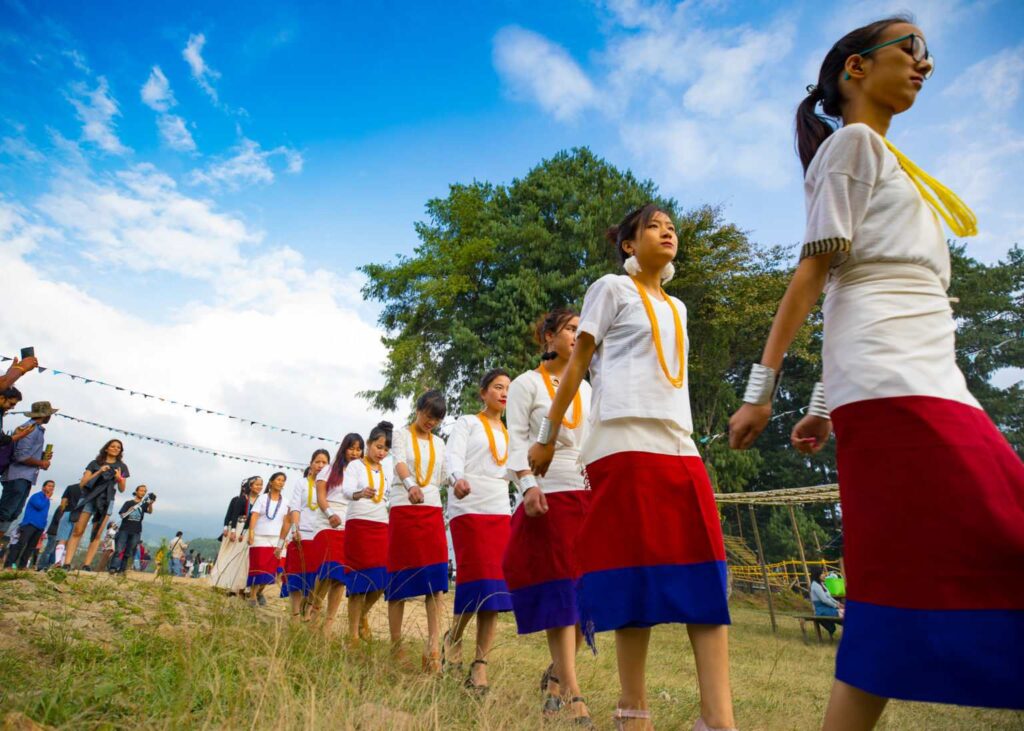
- Culture rebuilding communities after conflict
The Belfast International Arts Festival in Northern Ireland brings artists from different Catholic and Protestant faiths together, once divided by sectarianism, now they play along-side each other and share in English and Gaelic for young culture-adventurers.
- Indigenous cultures take centre stage
At the Hornbill Festival in Kohima every December, the ‘festival-of-festivals’ pounds to the sound of heavy-metal, EDM and North East Indian beatbox alongside indigenous performances from tribal villages of Nagaland, where modern and ancient Indian culture collides in a hazy raving mix.
From this short menu of international arts festivals alone, it’s clear the creative enterprise economy and festival managers have an important active role to play in innovative strategies for preserving cultural heritage for young audiences and future generations.
Jonathan Kennedy is an Associate at CounterCulture and previously served as the Director of Arts India at the British Council.
(Source: World Economic Forum – Strategic Intelligence Briefing, curated by the Smithsonian Institution.)
For more articles on festivals in India, check out our Read section of this website.

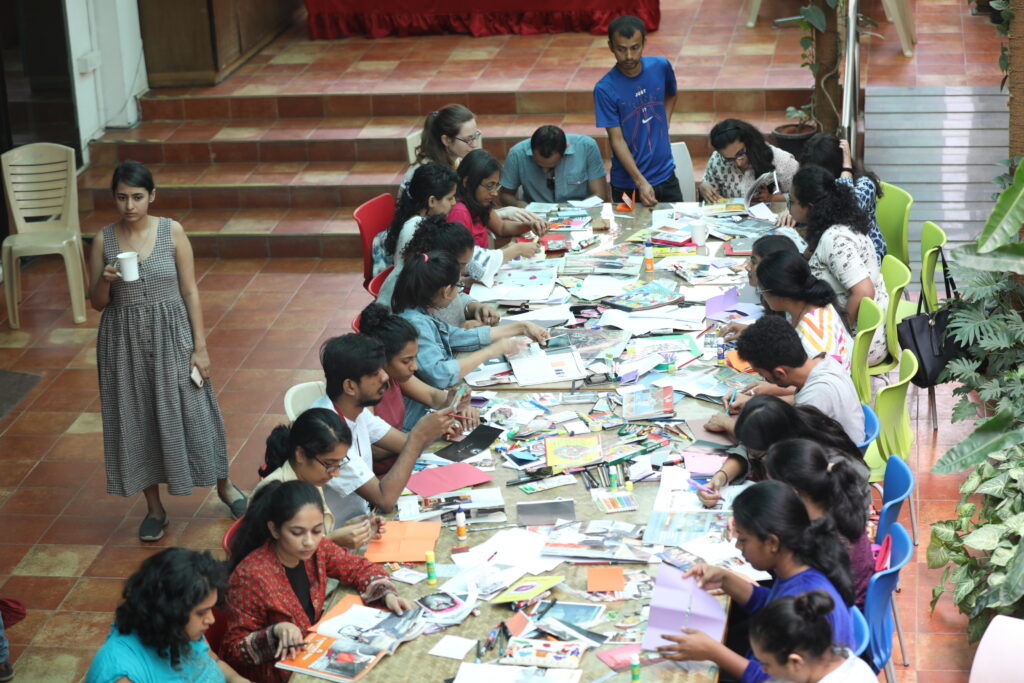
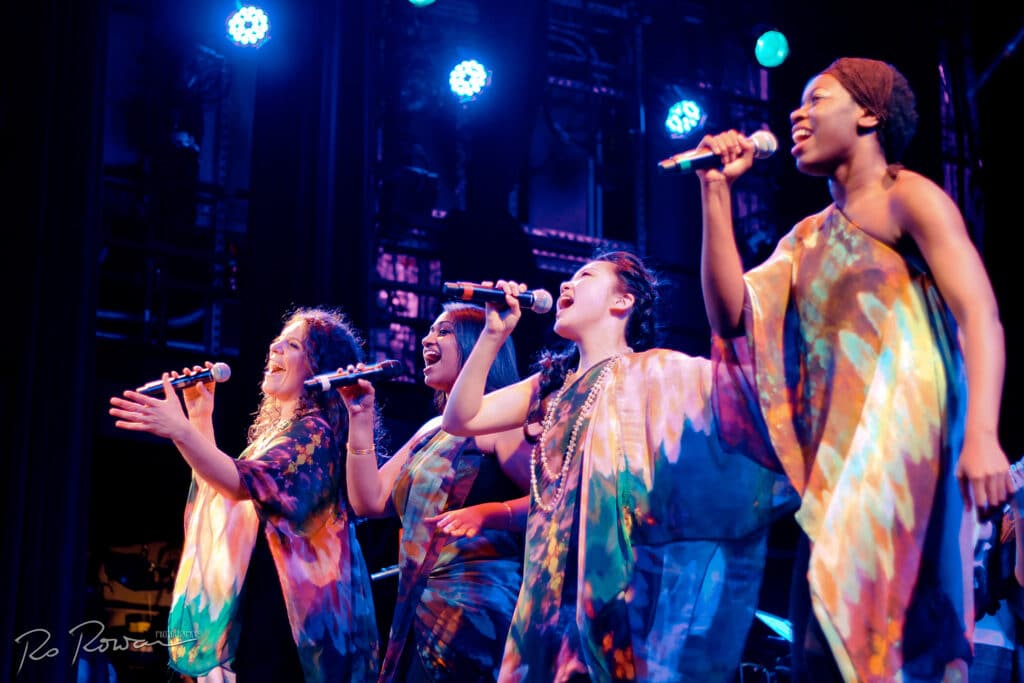
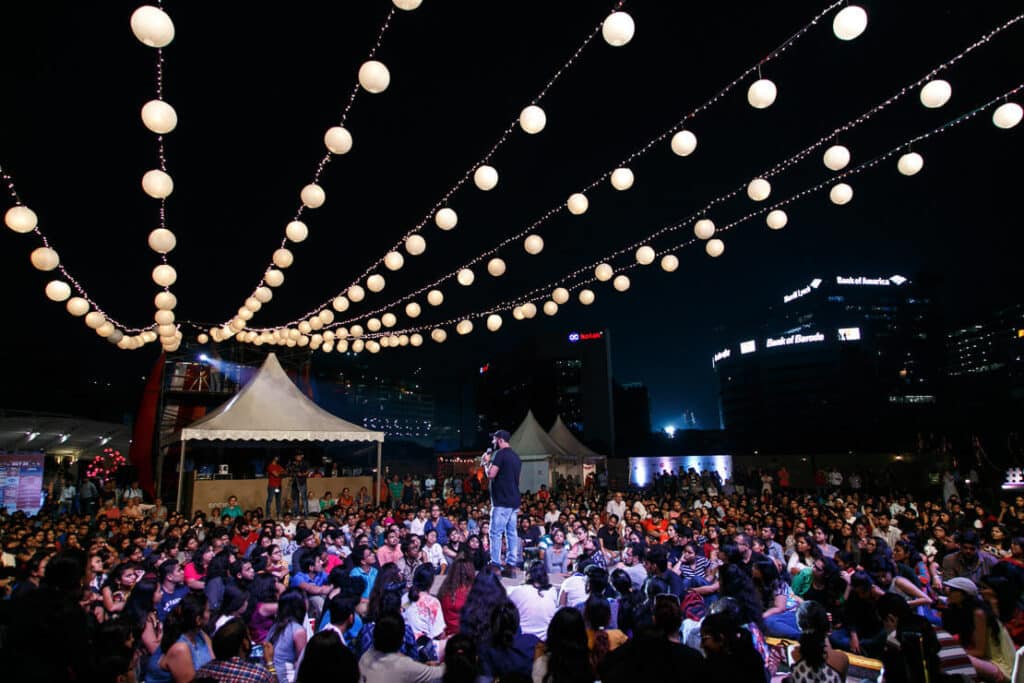
Share on